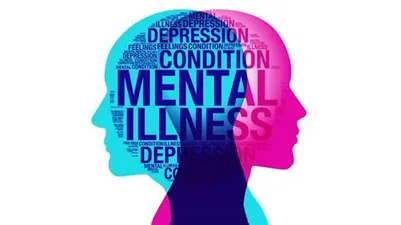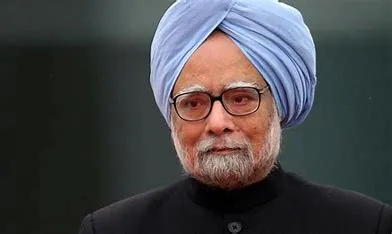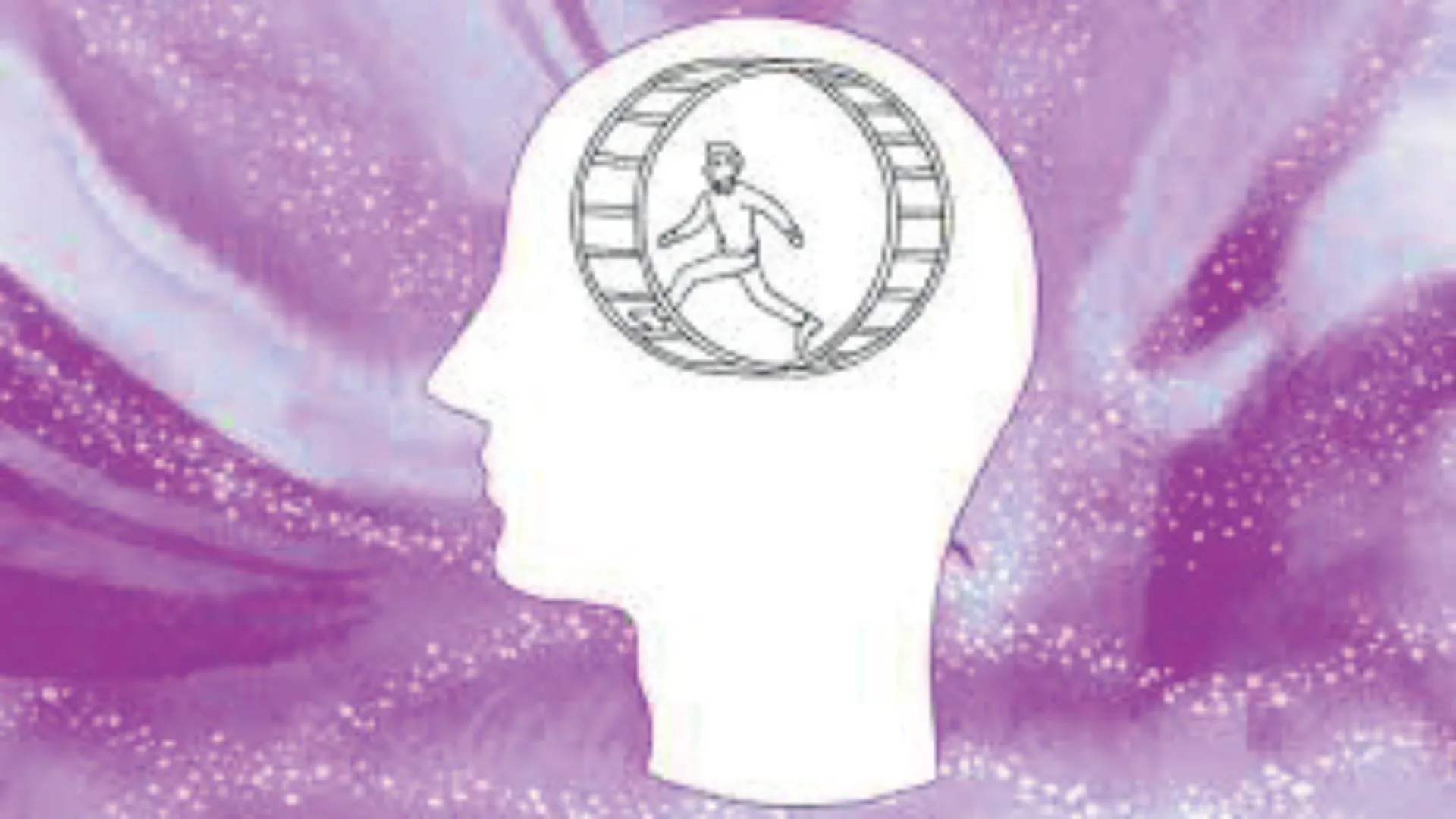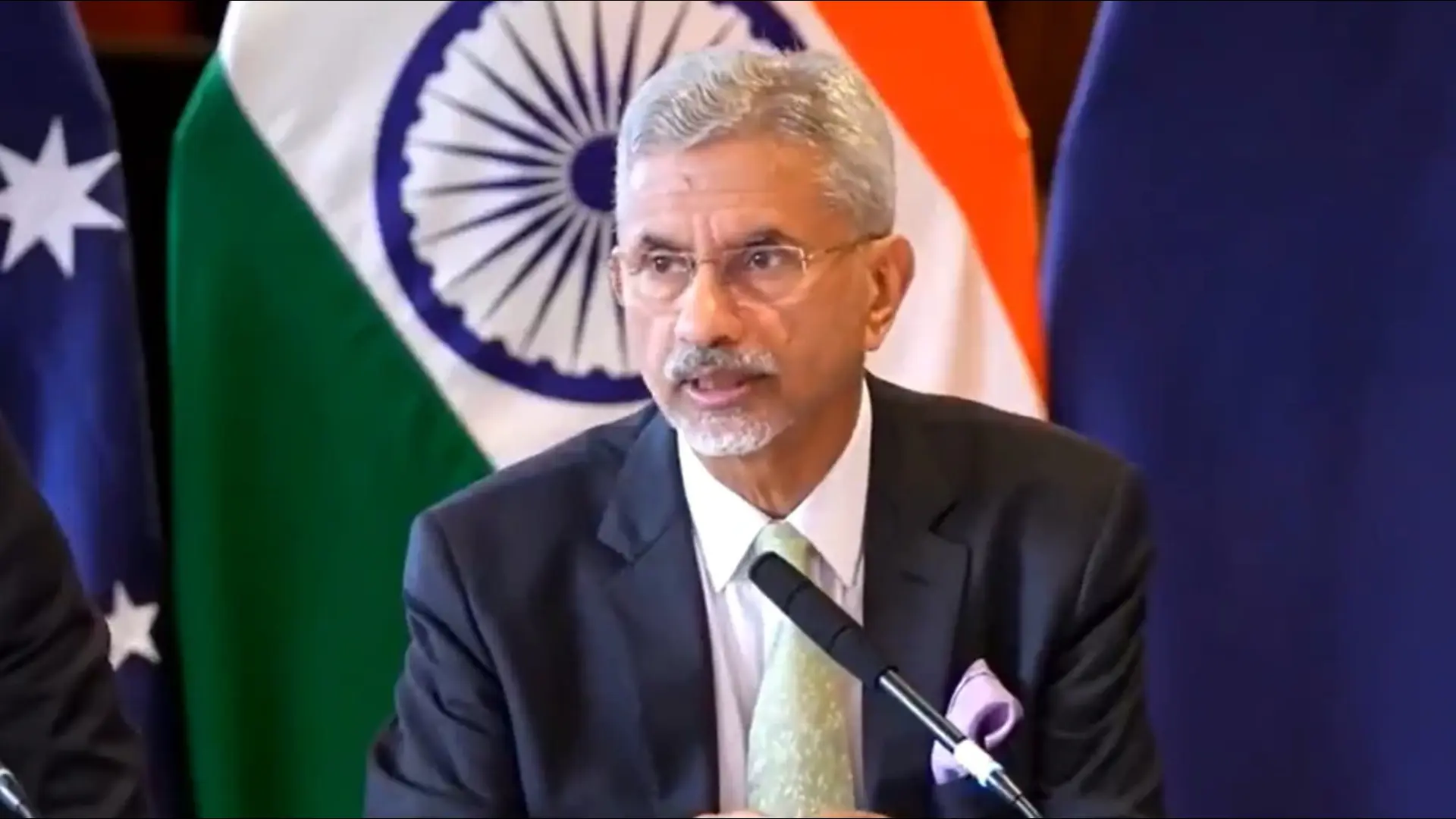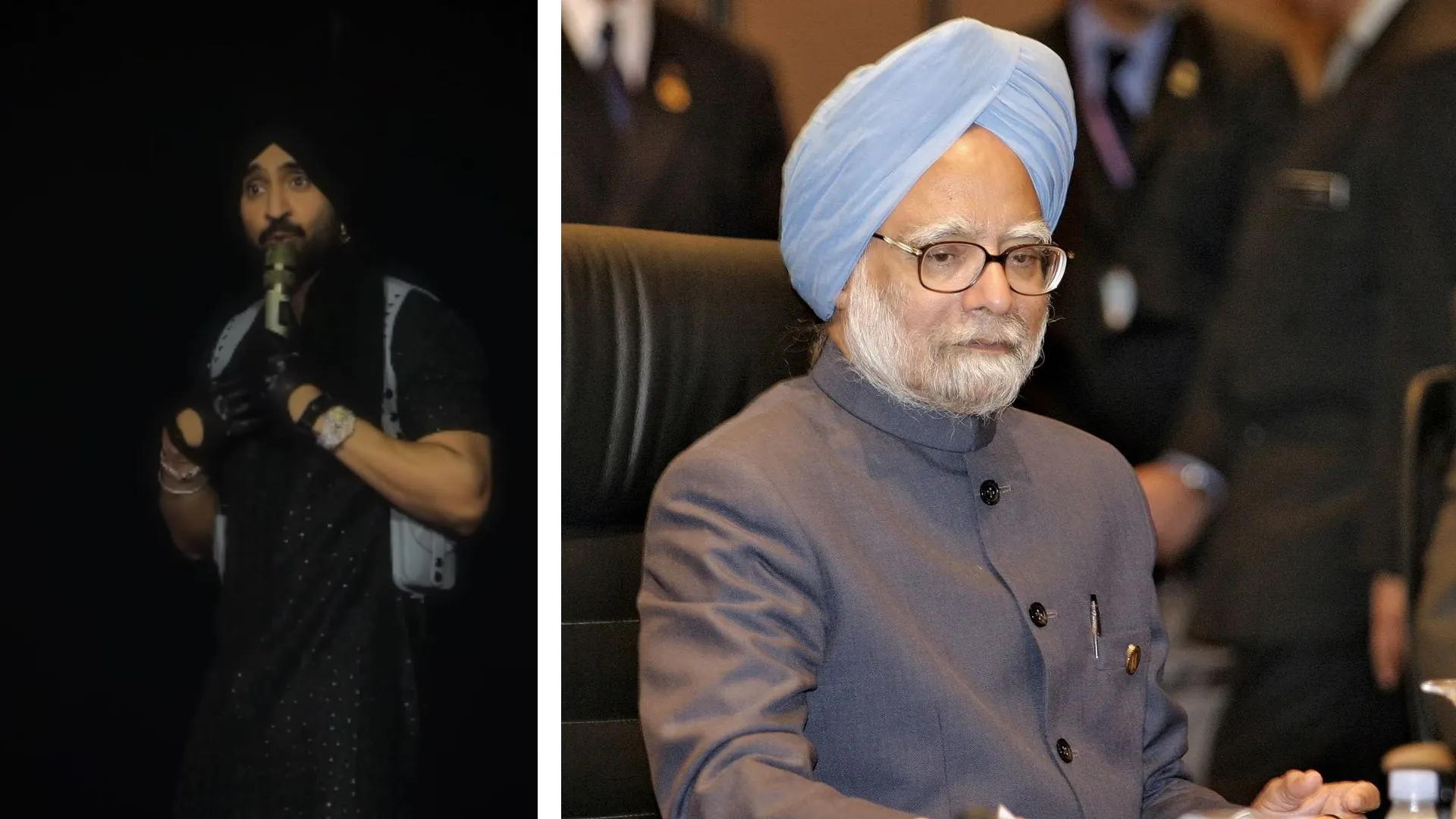Mental health involves identification, prevention as well as assessment and treatment of persons suffering from mental health disturbances. The best way to judge the normality of behaviour of an individual is not only whether such behaviour finds acceptance by society, but also whether such a behaviour fosters the well-being of the individual thereby of the group. It must not interfere with optimal functioning and growth. Causation of maladaptive behaviour has close implications for prevention and treatment. It is unfortunate that despite intense research work going into relationship of both, we lack sufficient knowledge about the causes of functional psychoses like schizophrenia and bipolar disorders and a lot more. However fortunately, with increasing scientific findings, our understanding of maladaptive behaviour has improved resulting in prevention of unease and sadness.
Healthy development of human beings and their ability to cope with incoming dooms on physical, psychological and sociocultural levels are important criteria. Principal emphasis in physical health measures is on family planning and post-natal care including genetic counselling to assess and indicate defective children. Research in the field of genetic code may make it possible for people to correct faulty genes. Next comes adequate nutrition for expectant mothers and post-natal care. Problem arises when we enter the realm of psychological health measures. Psychiatrists, by and large, agree on one crucial element; need to learn needed competencies: physical, emotional, intellectual and social. These competencies, a well-evolved individual requires in order to effectively grapple with anxiety-arousing situations and handle emotions constructively. Yet another psychological health measure is one that necessitates obtaining a correct frame of reference in terms of realty, feasibility and value assumptions. Let me deal with two very important areas of abnormal psychology. First, for example, taking much explored and researched area of father-son relationship (Oscar M and his troubled relationship with his father so graphically depicted in Kafka’s Diaries), when a father’s assumptions about his young son are inaccurate, hypothetical and seem to be threatening to his son, that father’s behaviour will be rated as maladaptive and away from realty. Similarly, Sigmund Freud, in his case studies volume 9, described a young boy who approached him for his problems of ‘fears’, ‘compulsive impulses’ and ‘prohibitions’. Freud asked him to narrate things occurring in his head even if these were ‘unpleasant, irrelevant or senseless’.
Second, there are many such explored relationships having relevance to human psychology: for instance the relationship between man and woman as displayed in D.H. Lawrence’s poems and novels. Lawrence evinced keen interest in the abnormalities of human behaviour, including relationship between man and woman. His novel Sons and Lovers deals with the themes of Freudian Oedipus complex. Lawrence found in the relationship between man and woman the most important problem of his age: sexual harmony as a great spiritual passion.
One comes across a father’s inability to find satisfying values that help in fostering meaningful relationship with his son. The job of a father is to prepare his son for problems son is likely to encounter in future at various life stages. Father’s responsibility is all the more crucial if his son has suffered childhood or recent traumas and has terrifying memories. He must not compound his son’s grievances by imposing his own unfulfilled desires. In families, equilibriums get disturbed many times due to untoward and untimely occurrences and at such times, parents have important role to play in adjusting their behaviour in a manner son does not move into the world of alienation and disequilibrium.
Psychiatrists pay increased attention to sociocultural factors in activating better development and functioning of all members. Measures like public education, social security, free shelter, medicines and food and social legislation to wipe out inequality in various spheres take into consideration future stress and psychopathological growth in adults and old people. Mental health of a person depends on how matured the society is. Though much headway has been made in the area of understanding, treating and preventing mental disorders, limitations continue to deter the professionals.
Personnel inadequacy is the first to catch our attention. Not only in India, but world over number of psychiatrists available for treating patients is awfully low. Non-existence of required facilities like mental health hospitals at local levels leads to behaviour disorders becoming more severe. Research is third area of concern. Financing of mental health projects in view of magnitude and social importance of mental disorders is inadequate.
Mental health programmes are victims of duplications and yawning gaps. These seem to be collection of bits and pieces rather than an integrated whole. A citizen can be helpful in more than one way. Be he a student, a lawyer, businessman, politician, film actor: he has his interests at stake-directly or indirectly. Though mental health of a nation gets manifested in various ways like quality of leadership, moral responsibility, courage, self-reliance, scientific and cultural achievements, etc. in a democracy it are the people who plan and implement the goals. There are ways an individual can assign to himself a role in the area of mental health. First, he can volunteer to work in a mental hospital/primary health center/ NGOs etc. Second, he can join other members and act in a group and contribute to enlightened public education. Third, he can help and support others understand the need for expanded mental health facilities for all age groups. Fourth, he can use science to create conditions that are conducive to solving problems of mental health. Management of mental health requires a holistic approach because a majority of us face, at some point of time in life, one or other form of maladaptive behaviour: mild or serious. Tragic but how true.
K.K. Srivastava is a former civil servant, a poet, writer and columnist.

